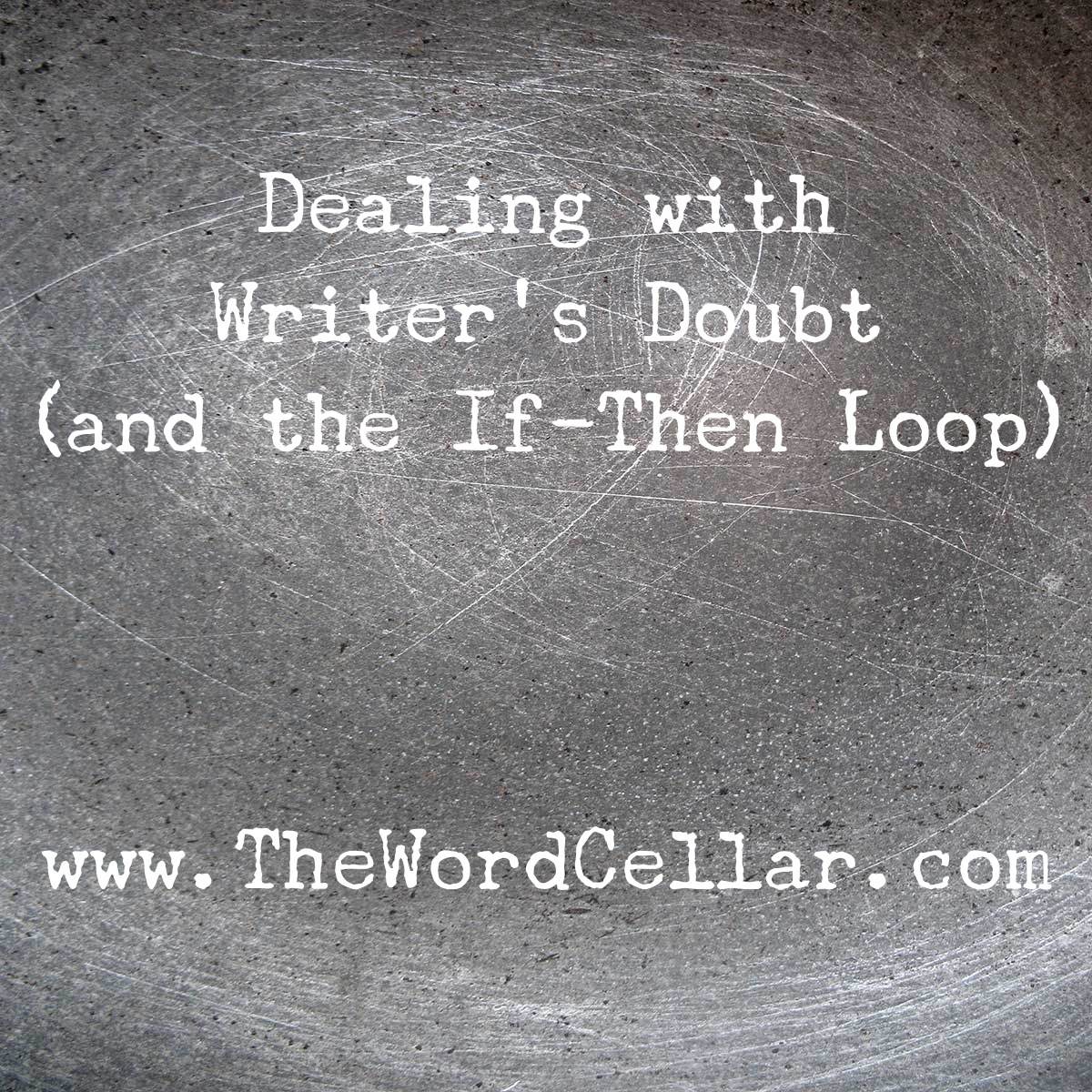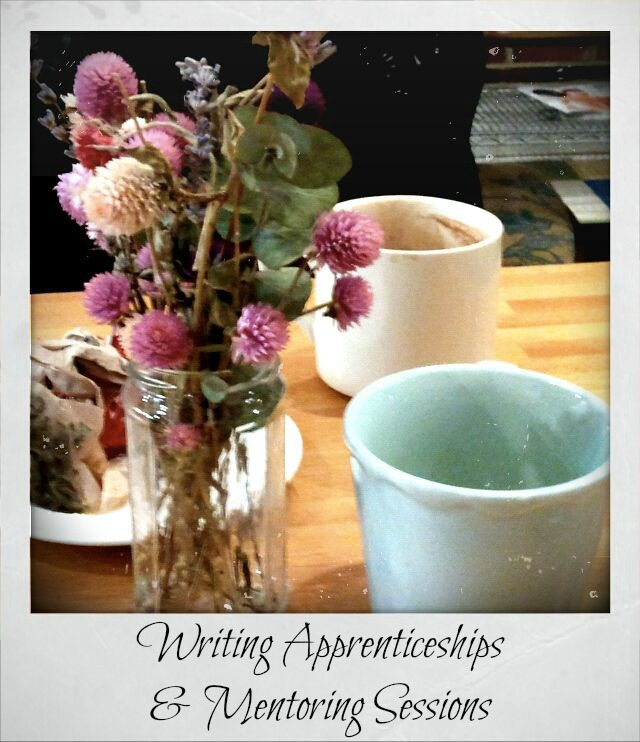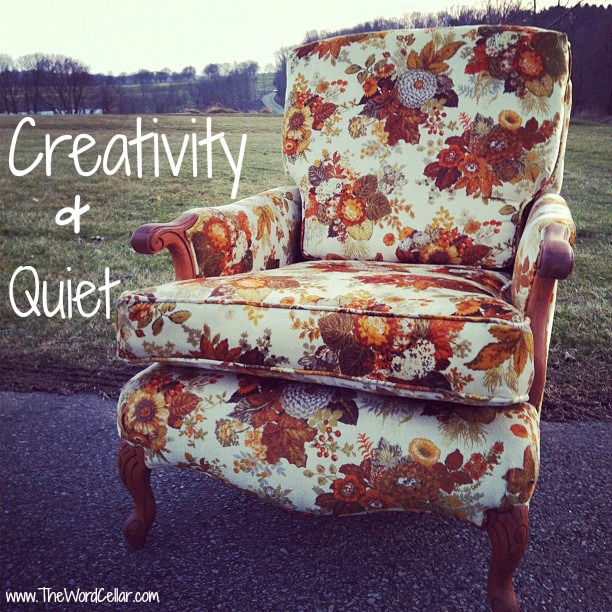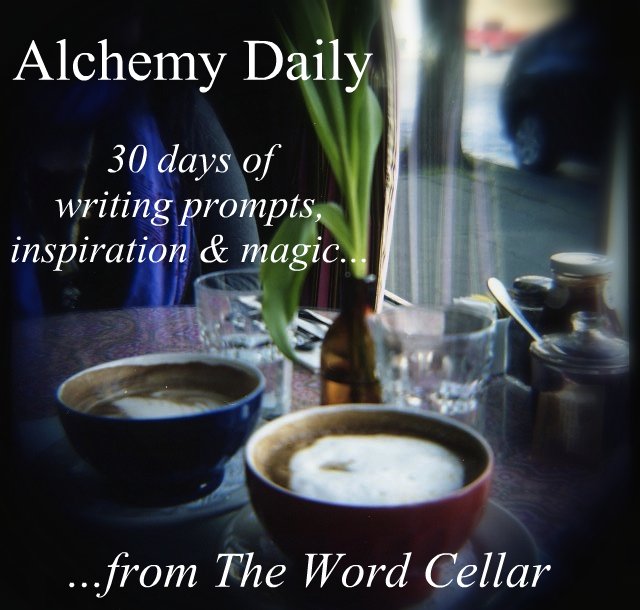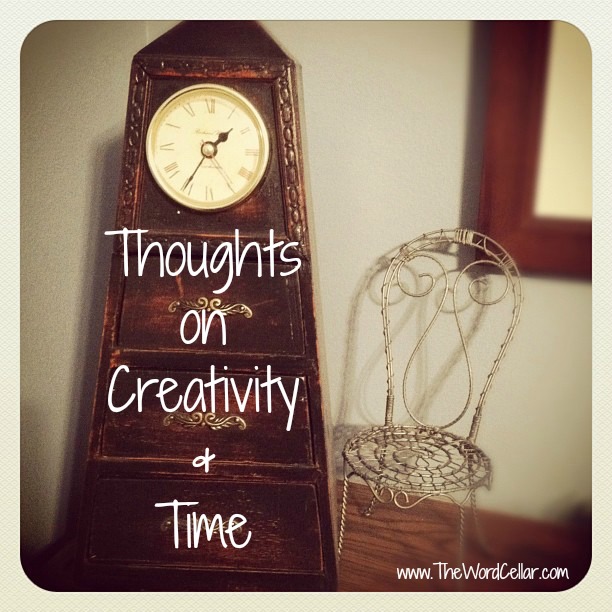Lessons From Roller Derby: Push yourself, but don't make yourself sick
 Friday, March 20, 2015 at 1:28AM
Friday, March 20, 2015 at 1:28AM 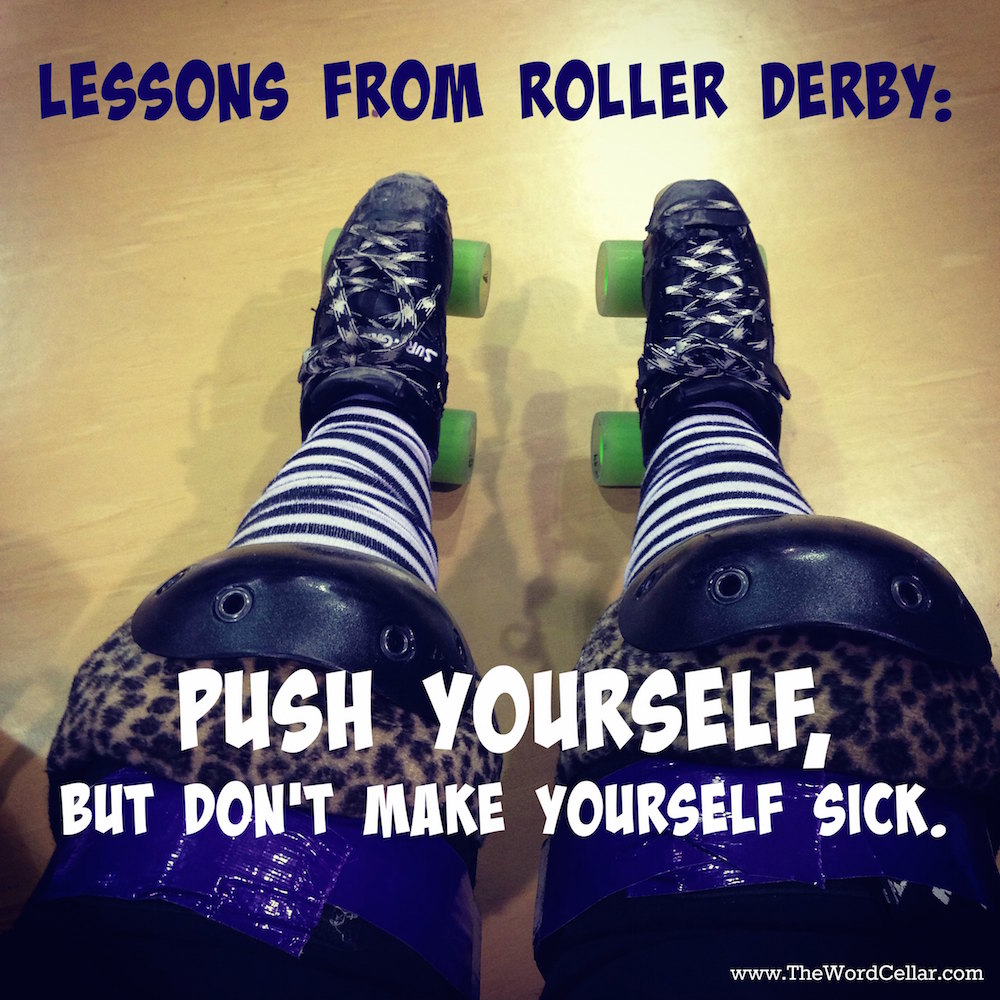
Tonight at roller derby practice, I wanted to sit down. My legs hurt, my back hurt, my feet hurt. If I let myself think about it too much, even my pride hurt. I've been skating for three years, but I've recently changed leagues and decided to do their "fresh meat" training program for new skaters. It's been great. The people are great, the training is great, and I'm making great strides.
But it's hard and humbling to admit that even after several years of doing this crazy sport, I still need a lot of work on some of the basics. I especially still need to work on my endurance. At one point tonight, one of the trainers asked me, "Are you okay?" In fact, I wasn't quite okay. I'd reached the limits of my physical endurance and felt like I was going to be sick. It must have registered all over my face (and all over how slow I was to get up for the next set of laps). When I confessed to feeling like I might yak, the trainer told me to rest for a minute. "I want you to push yourself," he said. "But I don't want you to make yourself sick."
So I sat out one set of laps and the worst of the nausea passed. And then I got back to it, even though I was tired and sore. And then when I hit that same point again, I got a drink of water, caught my breath, and got back on the track, still tired, still sore, but still in the game (so to speak).
I could write a lot about why roller derby is hard for me, about why it still feels like the craziest (and one of the best) things I do. (Oh, wait, I have written about that stuff.) But tonight, what I'm really thinking about is this idea of pushing yourself, but also knowing when to pull back and regroup. It's such a handy lesson for all of life. Do the thing you think you can't do, but know when to rest. Go all in, but know when you need to scale back a bit so you don't get hurt.
I'm also thinking about how there should be no shame in getting back to basics, even when it's for something that you've been doing for years. I think a lot about how this relates to writing. A lot of the clients in my writing apprenticeship program feel like they missed out on learning writing basics in school. I hear the same thing when I edit manuscripts for writers. So many of us worry that because we can't diagram sentences we can't be a writer. Learning grammar is hard and uncomfortable for a lot of people. I tend to understand the rules of grammar intuitively, which means that I sometimes have to look up the technical terms for things. Even after all these years of writing professionally, creatively, and academically, I have to go back to basics.
There's more to writing than grammar, of course. Sometimes I have to go back to the basic of remembering to schedule time to write, or the basic of reading like a writer, or the basic of simply writing first and worrying about revision later. The basics are the foundation upon which we build everything else, whether it's in skating or writing or cooking or cleaning or being a good friend. And there's no shame in that.
This isn't the most elegant blog post. It's, well, kind of basic, I suppose. But it's 1:45am and I still need to take a shower to wash off the derby funk, so that's about all I have for you tonight:
Push yourself, but don't make yourself sick.
There's no shame in going back to basics.
Those seem like pretty good mantras to me.


